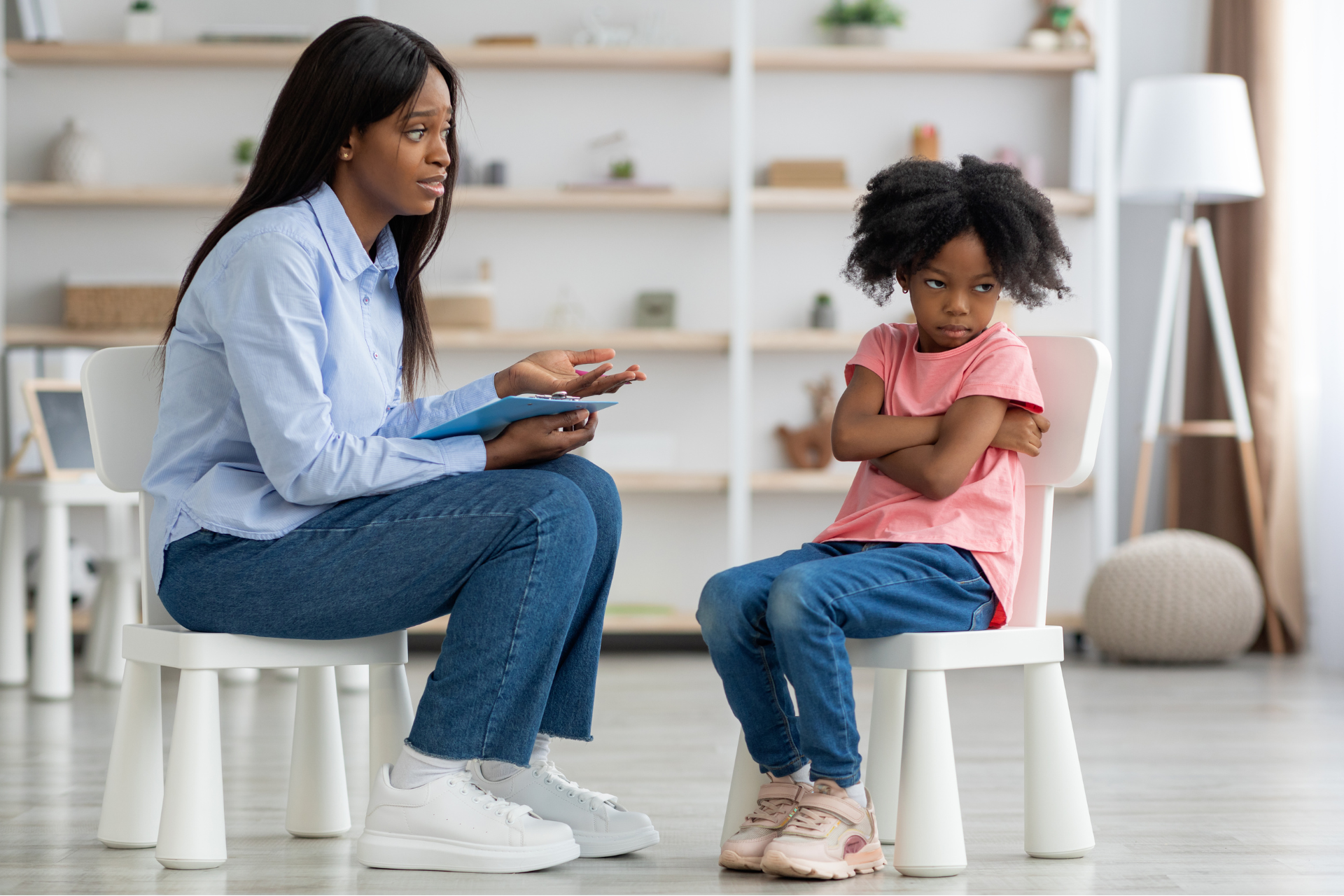The Challenges of Parenting a Sensitive Child
The Challenges of Parenting a Sensitive Child

Parenting a sensitive or deeply-feeling kid has unique challenges.
Some of these challenges include:
- Sensitive kids may have such high standards for themselves, they may not tolerate making mistakes or doing things poorly.
- They may keep emotions bottled up, so it’s difficult to understand what they’re thinking or feeling--that is, until they shut down, or explode.
- They may not want to try things they won’t be good at.
- They may struggle with change or transitions that other kids take in stride.
- They may appear shy in situations where other kids rush in.
- They may be so sensitive to mild criticism that they get very defensive and angry with any feedback.
- They maybe take our behavior as parents personally, including being overly-sensitive to our harsh tone, or even negative facial expressions.
**************
So what is helpful??
What can parents do to help sensitive children deal with their own intense emotions??
1.) Lots of praise, warmth and encouragement: "I love how kind you were to that younger child.” "It helps me so much when you pick up your books." "I love watching you play soccer."
2.) Gentle discipline: Give gentle feedback when kids are not doing what we want, instead of using a harsh tone or punishments. Assume your child has positive intentions. Help your child be successful. “I love that you want to play, but right now it’s time to clean up.” "Let's clean up together. Do you want to pick up the toys, or the clothes?"
3.) Give lots of heads-up when there will be a schedule change/transition: Sensitive kids thrive on knowing what is expected, and being able to anticipate what will come next. This may mean giving lots of details about the unknown, which may cause extra anxiety. “When we get to grandma’s house, we will play for an hour, and then we need to leave for the dentist.”
4.) Lots of down time. We all need down time, but sensitive kids need extra. Sensitive kids get overstimulated easily, and do not do well with packed schedules, or feeling rushed. Make sure they get plenty of rest and unstructured time.
5.) It’s NOT personal: When your sensitive child struggles with their own overwhelm or strong emotions, it is NOT a reflection on you failing as a parent. I repeat, it is NOT a reflection on you failing as a parent. Their nervous system is wired differently, and they feel their emotions at a much higher intensity. When they overreact, their prefrontal cortex has temporarily gone "offline," and needs time to recover. Imagine they are a computer that needs to reboot before they are able to function normally.
********
Sensitive children feel things more deeply. When their developing brain temporarily goes offline in response to strong emotions, their behavior can be extremely negative. This is really hard for kids AND for parents.
With time, support, and modeling, your child will become better at handling emotions. This is NOT something you are doing wrong, your child’s nervous system is wired differently.
Message me to set up a free conversation, and find out how to best support your sensitive child.












